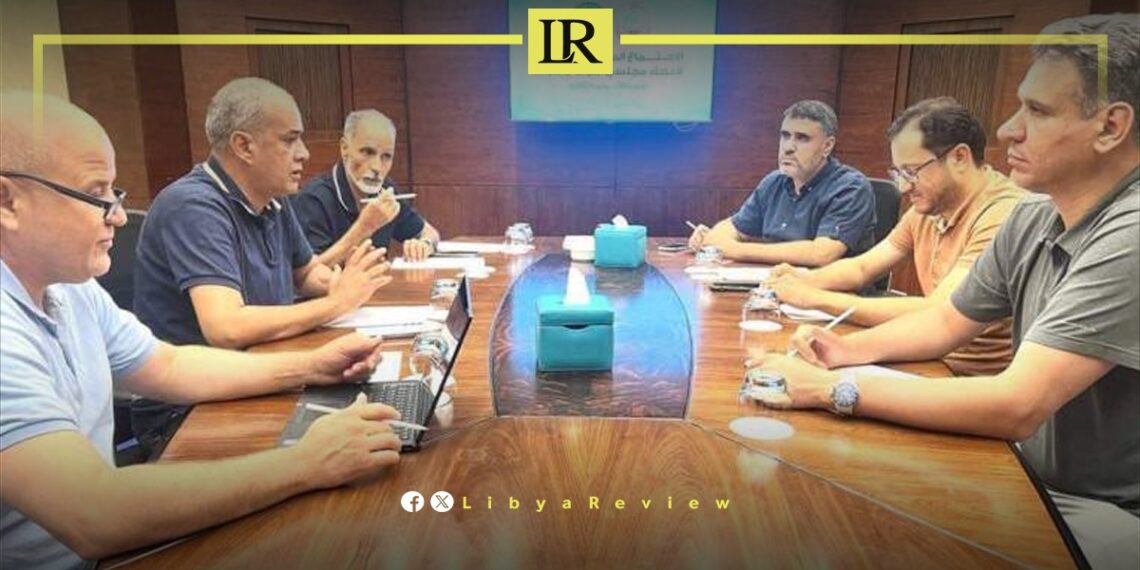Saeed Onis, a member of the Libyan High Council of State, announced that 130 members from the House of Representatives and the High Council of State have gathered in Cairo for a significant meeting.
Onis stated that this meeting follows the consultative session held in Tunisia. The aim is to establish a mutually agreed roadmap to address the current deadlock in Libya’s political, economic, and security sectors.
The proposed roadmap from the Cairo meeting will be presented to both the House of Representatives and the High Council of State for a formal session and vote. Following approval, efforts will commence to unify Libya’s executive authority.
In June, a consultative meeting was held involving members of the House of Representatives and the High Council of State (HCS), along with representatives of political parties and civil forces, in Misrata.
The meeting aimed to discuss the re-launch of the political process in Libya, following the outcomes of the previous extensive meeting between the two councils in Tunis.
The focus of the meeting was on the importance of forming a unified government capable of steering the country towards the anticipated elections, a crucial step for achieving political and security stability in Libya. Participants underscored the necessity for cooperation among all political and civil stakeholders to attain this shared objective.
The gathering saw attendance from various political parties and civil forces, reflecting a collective desire to participate in building a better future for Libya. Discussions also addressed the means to activate previous agreements and overcome obstacles hindering their implementation.
The participants agreed to continue their consultative meetings and discussions to ensure the required national consensus and to advance the political process. This meeting represents a positive step towards restoring stability and building strong institutions that serve the interests of the Libyan people.
Libya has been in turmoil since the fall of Muammar Gaddafi in 2011, with rival administrations in the east and west vying for power. The upcoming discussions in Misrata are seen as a critical step in uniting these factions and ensuring that elections can be held to establish a stable and representative government.
The formation of a new government is seen as essential for addressing the country’s many issues, including security, economic instability, and the provision of basic services. The international community has also been urging Libyan leaders to reach an agreement and set a clear timeline for elections.


